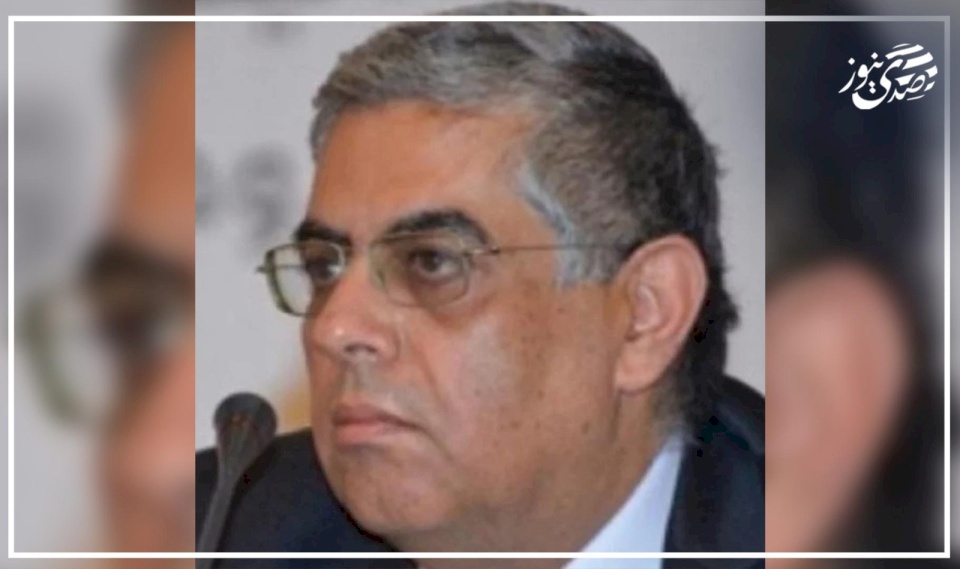
About the "New Gaza"...
There is a recognition in Israel, albeit in a narrow scope, among former military and security officials as well as military analysts, that Israel is currently facing what is being described as a "new Gaza," and it is almost impossible to decisively win a military battle against it. To illuminate what these individuals mean, who are undoubtedly experienced military professionals and possess the capacity for anticipatory judgment based on security needs, it is important to point out that the term "new Gaza" emerged against the backdrop of the results of the first direct war between Israel and Iran, which ended (according to Israel's view) with a ceasefire and significant damage inflicted upon Tehran.
The justification for calling it new is based on two reasons: First, the war against Hamas, which has been ongoing for more than a year and eight months, has proven to be separate from the war with Iran; additionally, the portrayal of "Hamas" as an arm or proxy of Iran was a mistake, creating the illusion that a ceasefire with Iran would lead to an end to fighting in Gaza.
According to consistent Israeli commentary, "Hamas" is waging its own war and has demonstrated its ability to continue it even without Iran. The second reason, which is more significant, relates to the characteristic that dominates the war in Gaza, which has led many analysts to conclude that Israel is sinking into the quagmire of Gaza, just as it previously sank into the quagmire of Lebanon during the experience known as the security belt.
According to what one of the Israeli reserve generals wrote, what is happening in the Gaza Strip is a new chapter in a guerrilla war taking place in an area filled with mountains of rubble, littered with mines and booby-trapped regions, against an adversary fortified within hundreds of tunnels, who knows the routes of movement very well, as well as the way to move from one place to another. In this manner, it manages to inflict increasing numbers of casualties on the Israeli army, as has been the case in recent weeks.
In reading what this Israeli general, along with other generals, has to say, guerrilla warfare differs from other wars in that it is not a direct confrontation against an adversary defending a specific area, resisting ground invasion with force; rather, the adversary here conceals itself and waits for the army's movements in their region, then initiates engagement in areas comfortable for them, by planting explosives in areas considered chokepoints, where the army cannot move due to the rubble. Consequently, this forces the army to move on certain routes. There, the fighters are waiting to detonate the explosives, and after the explosion, a cell emerges from underground to attack those who have been injured, finishing the operation and increasing the number of casualties.
The conclusion that this reserve general arrives at is as follows (in literal translation): "This war is exhausting, significantly limiting the combat capabilities of the Israeli army, and granting Hamas the initiative, as it manages to inflict losses on the opposing force."
It is worth noting that the description of Gaza as new primarily stems from the repercussions of the war with Iran. Regarding guerrilla warfare, one prominent researcher in military affairs has previously affirmed that since June 2024, the Israeli army has achieved no operational successes in the Gaza Strip, due to Hamas's transition to guerrilla warfare that is unaffected by the territories that were occupied. It also reaffirms what has become an Israeli refrain, that the approach linking "crushing Hamas" and "recovering the prisoners" is artificial, and that such recovery will only occur within the framework of a comprehensive deal to end the war, which has been proposed since the beginning of this year.
The strengthening conclusion is that the only real option facing Israel right now is either to end the war after exhausting itself or to reoccupy Gaza.

Huckabee's Statements Reveal the Falsehood of Trump's Peace and Reinforce Religious Confli...

Licensed Occupation by Law

Whoever Does Not Plant Hope, Plants Departure...

Between "Here is Jerusalem" and "Here is Gaza" ... The Voice of a Nation and the Steadfast...

While some count the boos, Palestinians count their martyrs.. Paradoxes of the internation...

When the Palestinian Issue is Reduced to Gaza Management

Legally Licensed Occupation

